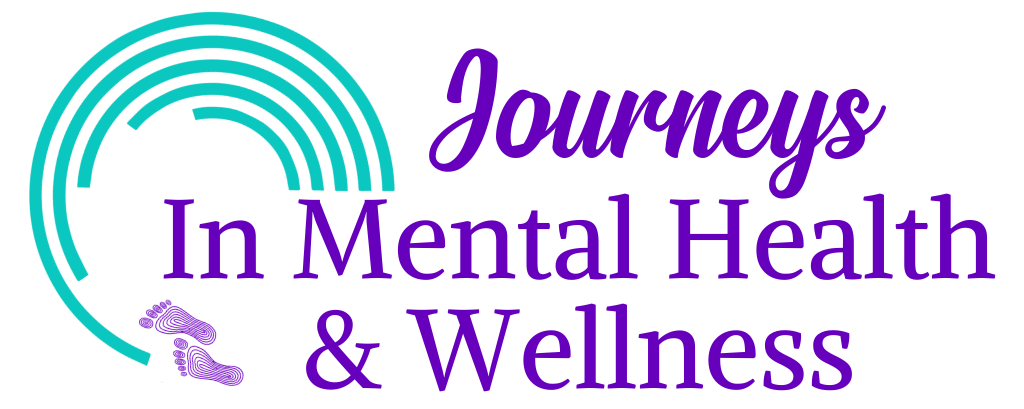Melatonin is a natural hormone that helps regulate the daily cycle of sleep and wakefulness.
Melatonin production increases at night and decreases in the morning
The American Association of Sleep Medicine (AASM) indicates that properly timing the dose of melatonin can be a treatment option for some problems related to sleep timing, such as jet lag disorder and shift work disorder.
Melatonin is not indicated for the treatment of chronic insomnia
71% of all over-the-counter melatonin products contained more or less melatonin than was listed on the label. Look for the USP VERIFIED on the label to ensure you are getting an approved product
Changing your behaviors and creating an environment that promotes sleep are recommended before medication.
SLEEP HYGIENE PRACTICES TO PROMOTE SLEEP
- Keep a consistent sleep schedule. Get up at the same time every day, even on weekends or during vacations.
- Set a bedtime that is early enough for you to get at least 7 hours of sleep.
- Don’t go to bed unless you are sleepy.
- If you don’t fall asleep after 20 minutes, get out of bed.
- Establish a relaxing bedtime routine.
- Use your bed only for sleep and sex.
- Make your bedroom quiet and relaxing. Keep the room at a comfortable, cool temperature.
- Limit exposure to bright light in the evenings.
- Turn off electronic devices at least 30 minutes before bedtime.
- Don’t eat a large meal before bedtime. If you are hungry at night, eat a light, healthy snack.
- Exercise regularly and maintain a healthy diet.
- Avoid consuming caffeine in the late afternoon or evening.
- Avoid consuming alcohol before bedtime.
- Reduce your fluid intake before bedtime.
